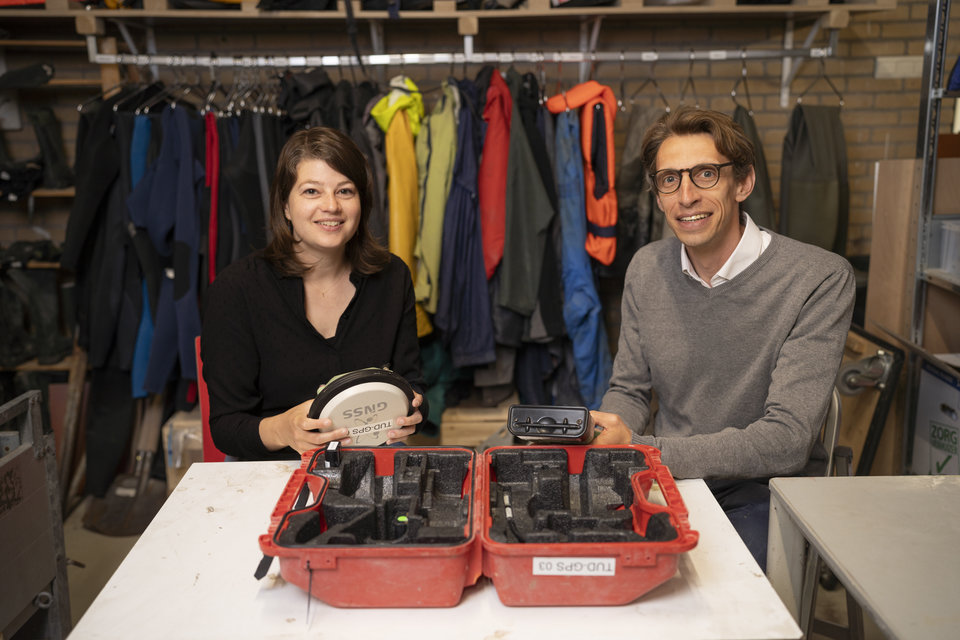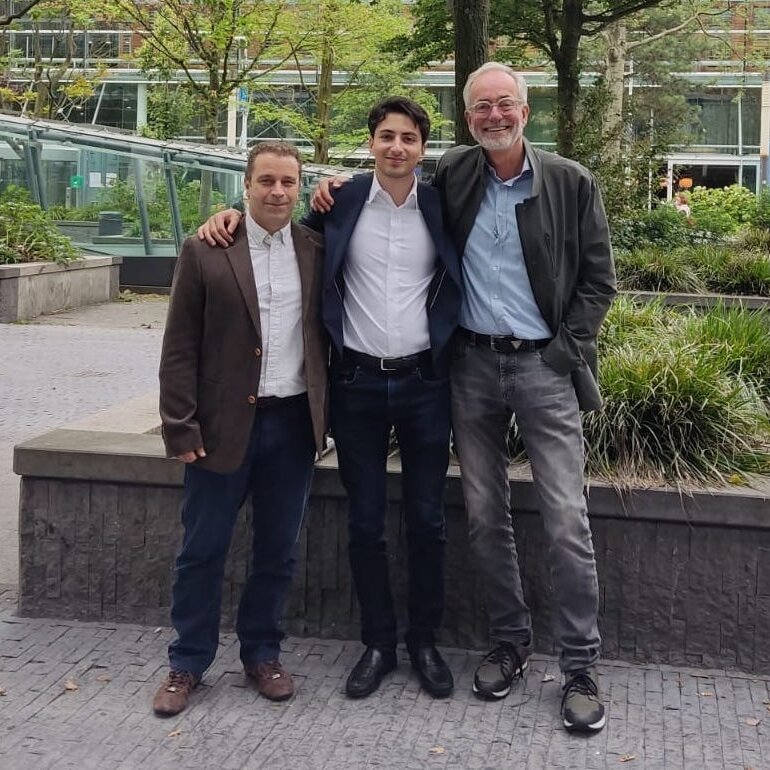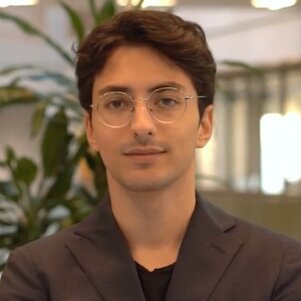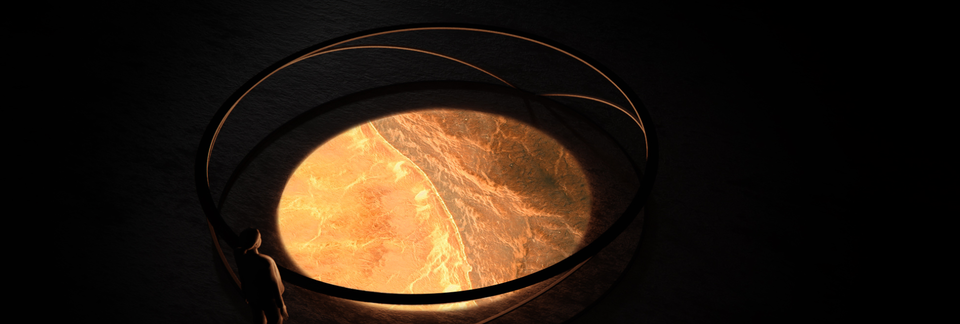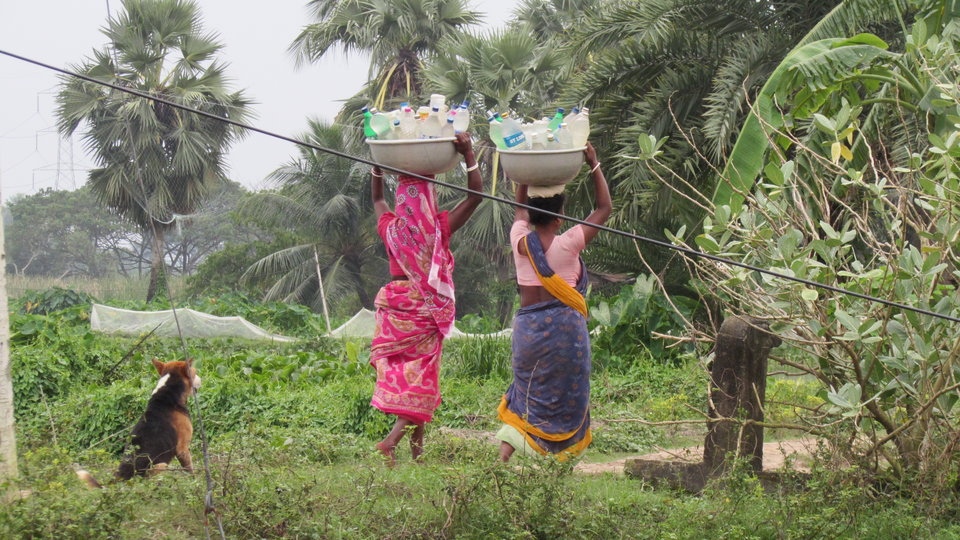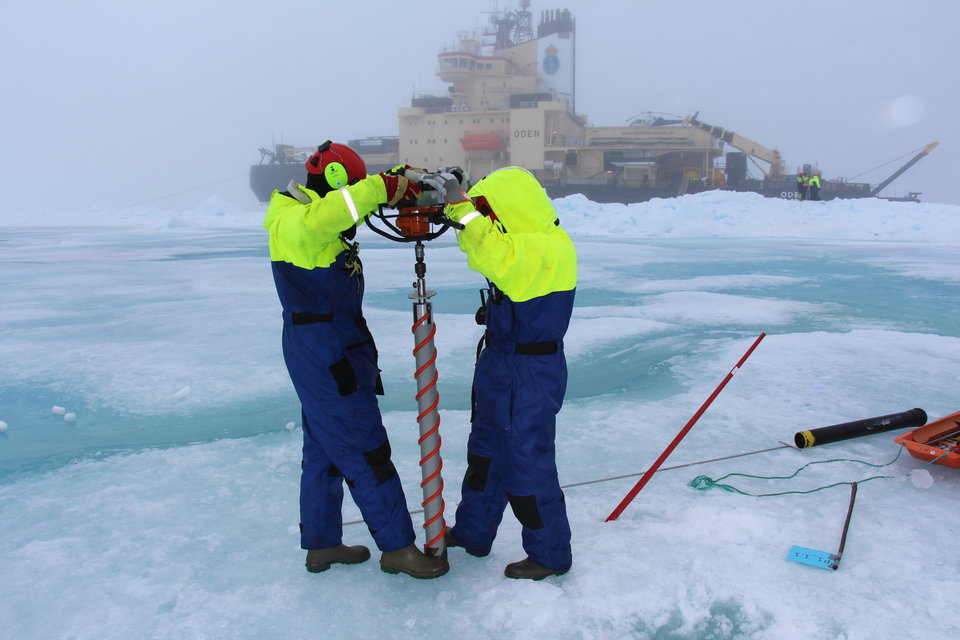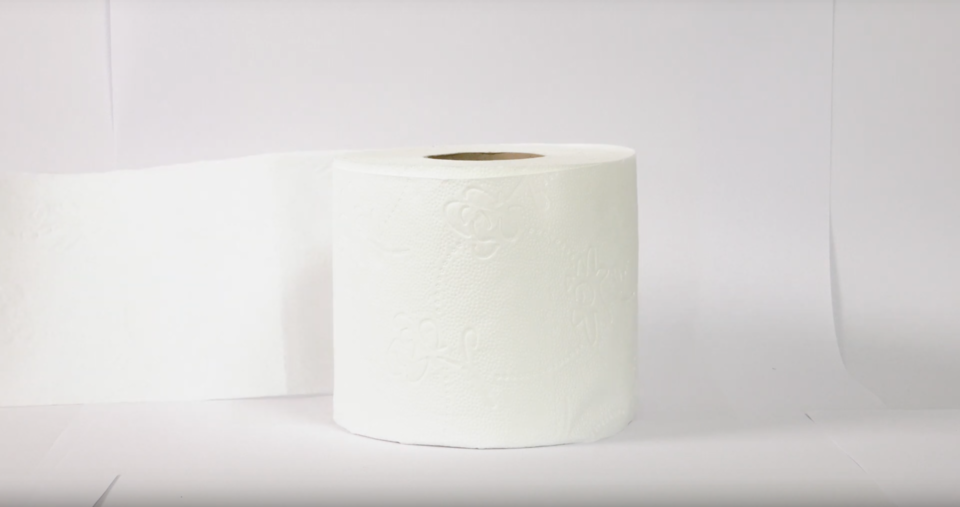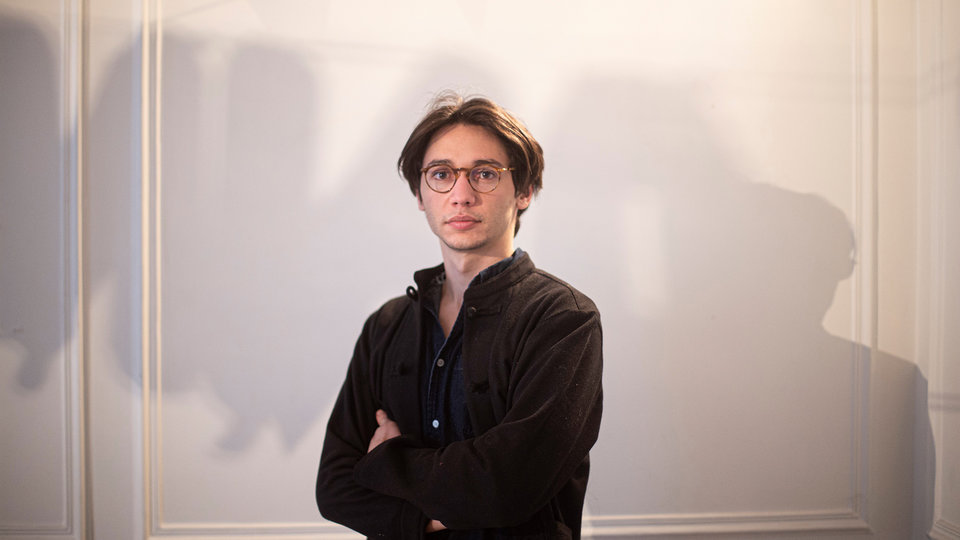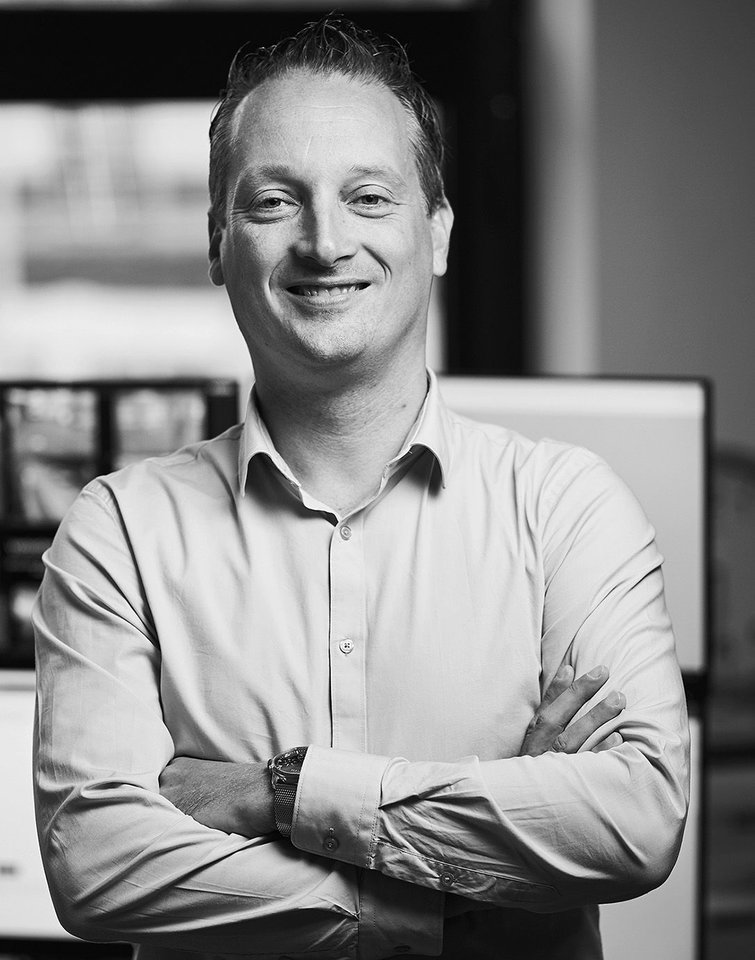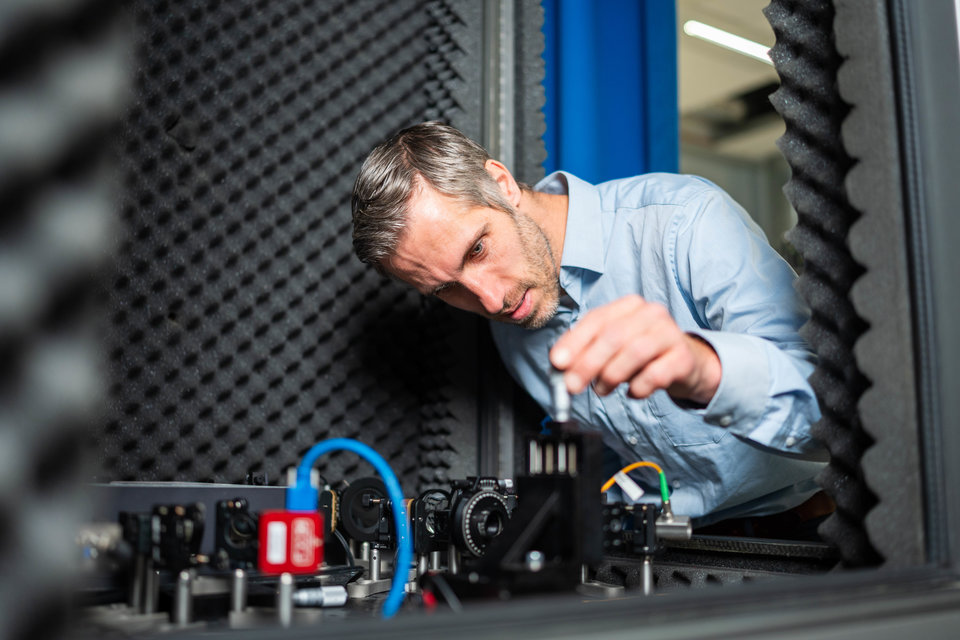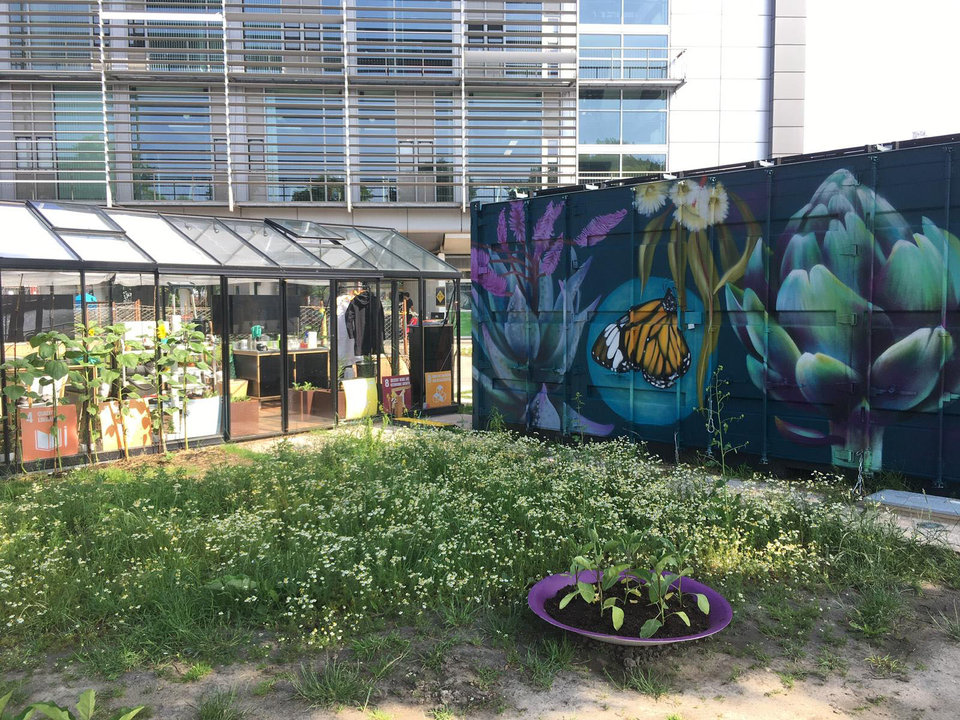Perseverance and curiosity can take you far, as Ziad Matar proves. He grew up in Lebanon and always dreamed of studying at TU Delft. In 2020, this dream came true. His studies have taught him a lot about entrepreneurship and have also resulted in valuable friendships and connections. He now runs his company, Veridi Technologies, together with co-founder dr. Richard Janissen.
“TU Delft is one of the best technical universities in Europe. It was always my goal to study here,” says Ziad. He moved to the Netherlands and first completed his bachelor’s in Industrial Engineering in Groningen. After that, he was finally able to study at TU Delft, specifically the EPA master’s programme. “I find system dynamics and modelling very interesting. Through the master’s, I could gain even more knowledge about this. Additionally, I was interested in delving into other areas, such as the policymaking process.”
Ziad, born and raised in Lebanon, had to adjust to life in the Netherlands. “It’s an important period where you suddenly have to manage everything by yourself. That’s a big change and I learned a lot during that time.” One of the things he had to get used to was the Dutch lunch habits: “In Lebanon, food is really important to us. I was very surprised to find out that the Dutch hardly ever eat warm lunches. That was quite a culture shock for me.”
Fortunately, he had a supportive ecosystem at the university. “The best part of my time studying is that I have built lifelong friendships. I now have a worldwide network of friends: from India to Bolivia.”
Starting his own company
This network has also benefited him greatly in a professional sense. “During my master’s, I wanted to start my own company focused on artificial intelligence for better understanding soil life. I have no background in biology and was looking for someone who did.” Through a friend, Ziad was connected to dr. Richard Janissen, who was a lecturer in microbiology and molecular biology at TU Delft and a researcher at the Kavli Institute of Nanoscience. He was the missing piece to Ziad’s company. Together, they founded Veridi Technologies, with the support of dr. Joachim Schneider (former CEO of Bayer Vegetable seeds).
Great ambitions
“Veridi Technologies uses computer vision and automated microscopy to diagnose plant pathogens and analyse soil biodiversity,” he says. “We use environmental nematodes to analyse the soil ecosystem. Soil nematodes are the most valuable bio-indicators of soil biodiversity due to their incredible diversity and specialized roles within the plants and soil micro-organisms ecosystem. This proven method provides qualitative and quantitative information about the soil ecosystem, thereby valuing natural capital. Our technology and network of partners will allow us to accurately test soil biodiversity on a large scale.”
The company's ambitions are high. “There is a great need to measure and protect soil, but these measurements are often done manually, making them time-consuming and expensive,” he explains. “Our technology is up to ten times more scalable, twenty percent more accurate, and the costs are halved. Therefore, we want to make our technology available worldwide. This will allow for more results-driven actions instead of just monitoring management practices.”
The company is now taking its first steps in a collaboration with a Dutch municipality. “We facilitate the measurements of soils in green, urban environments. This is important because good soil increases immunity and reduces the spread of diseases and thus contributes to better public health. The pilot has now started and will last several months.”
Advice for students
Starting a company whilst studying paid off for Ziad. He encourages students to do the same: “During your studies, you have time to discover what you do and don't want. If your business idea is clear, you can start while still using the university's ecosystem. It brought me many opportunities, so make sure to do that as well! Also, don't be afraid to explore new fields during your studies. You can always learn anything as long as you have an interest in it; it can really pay off.”

